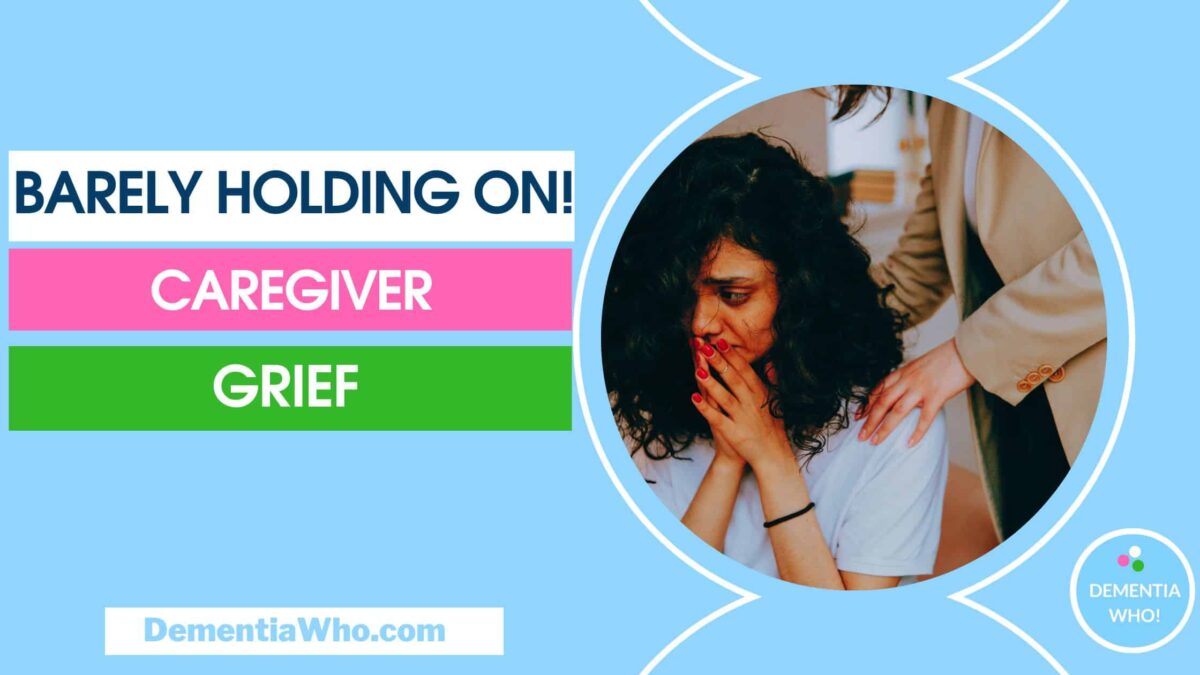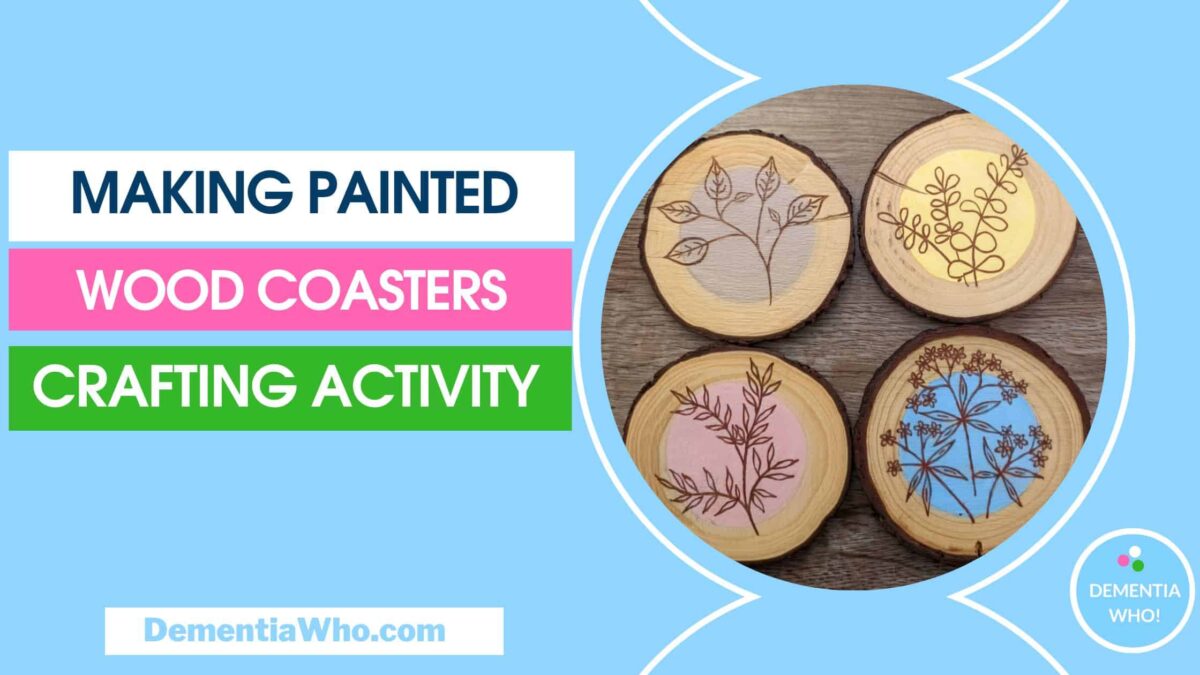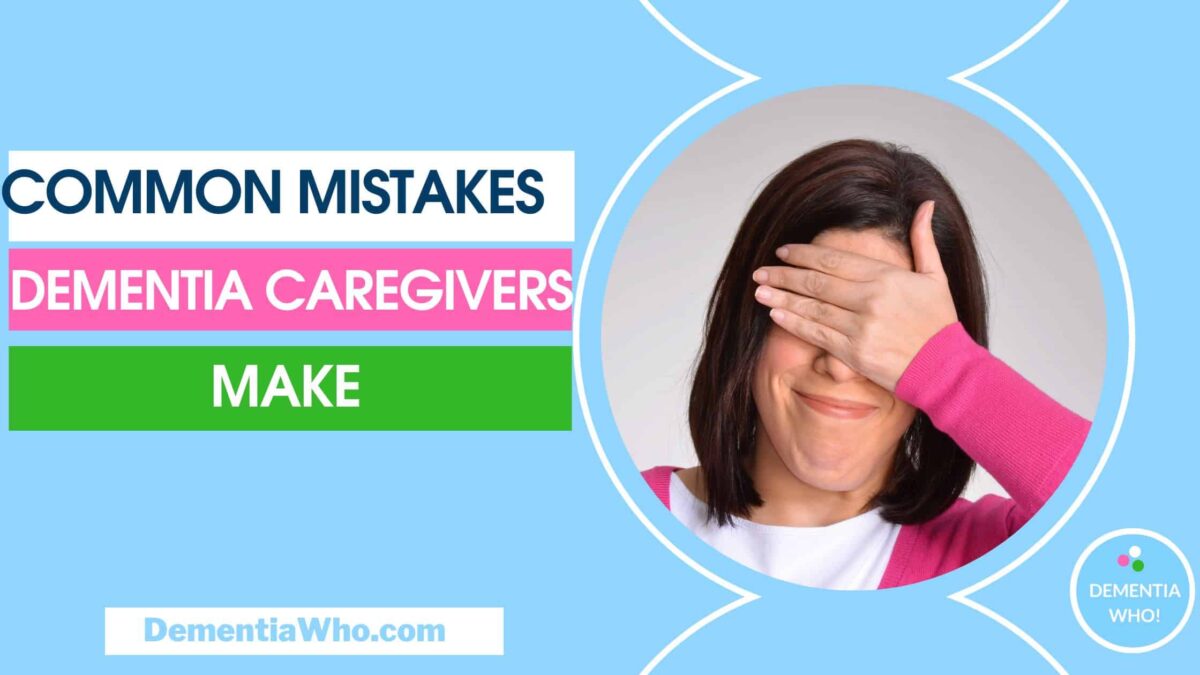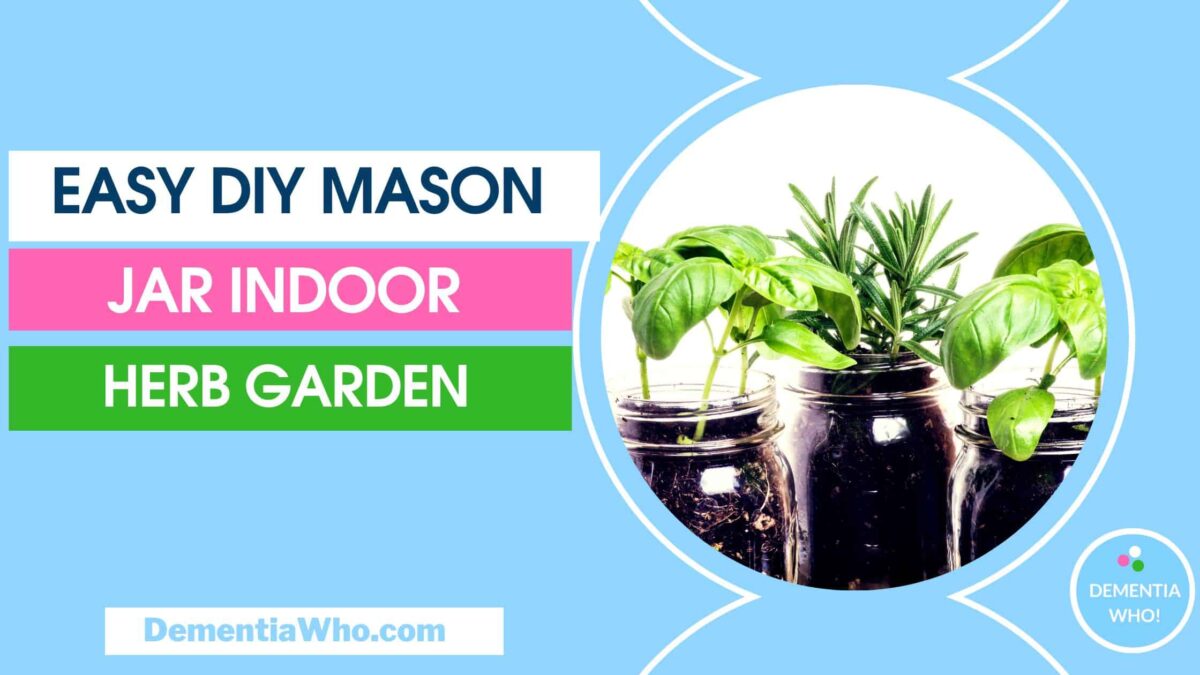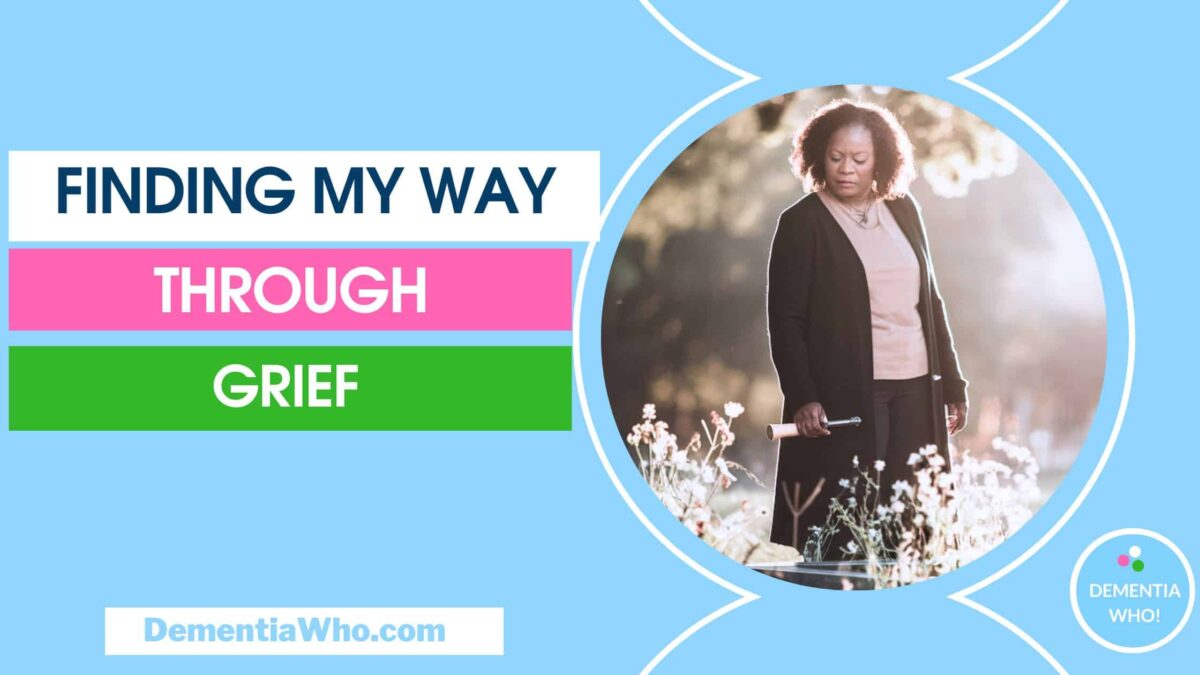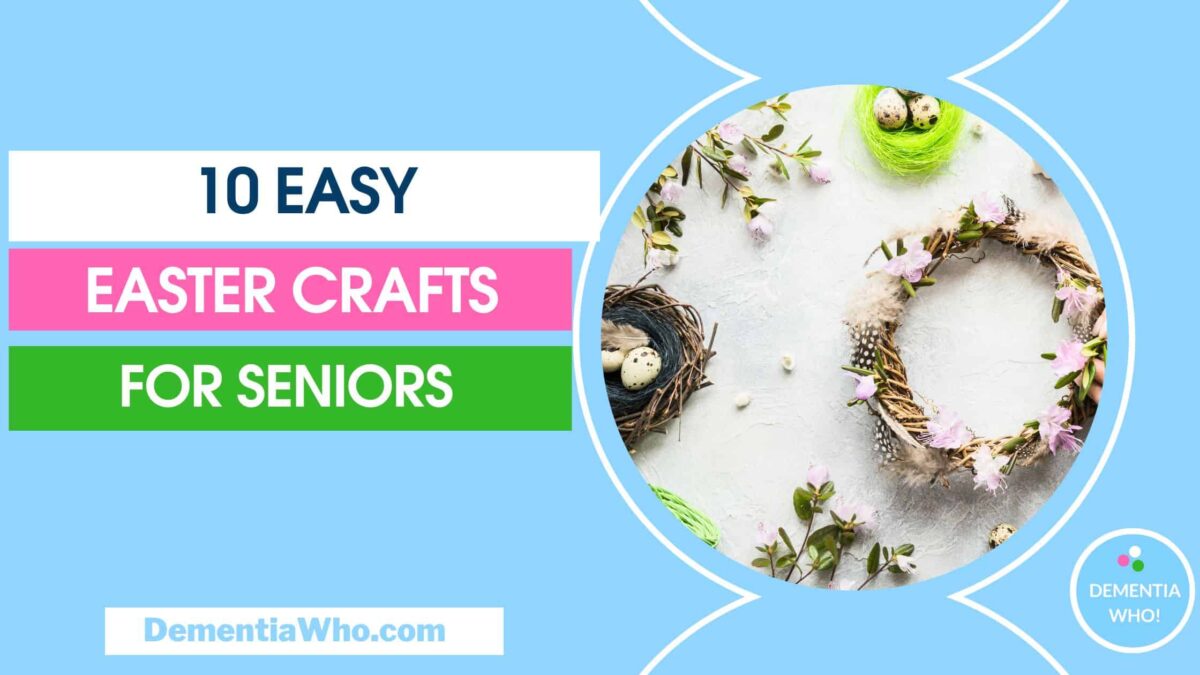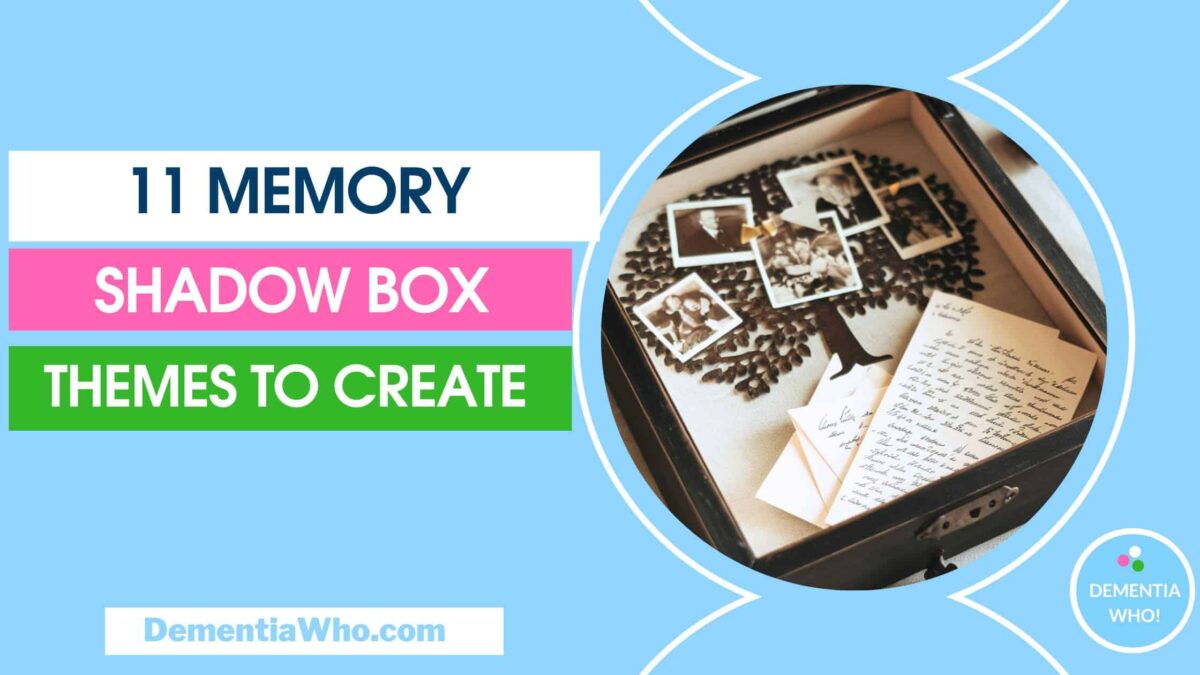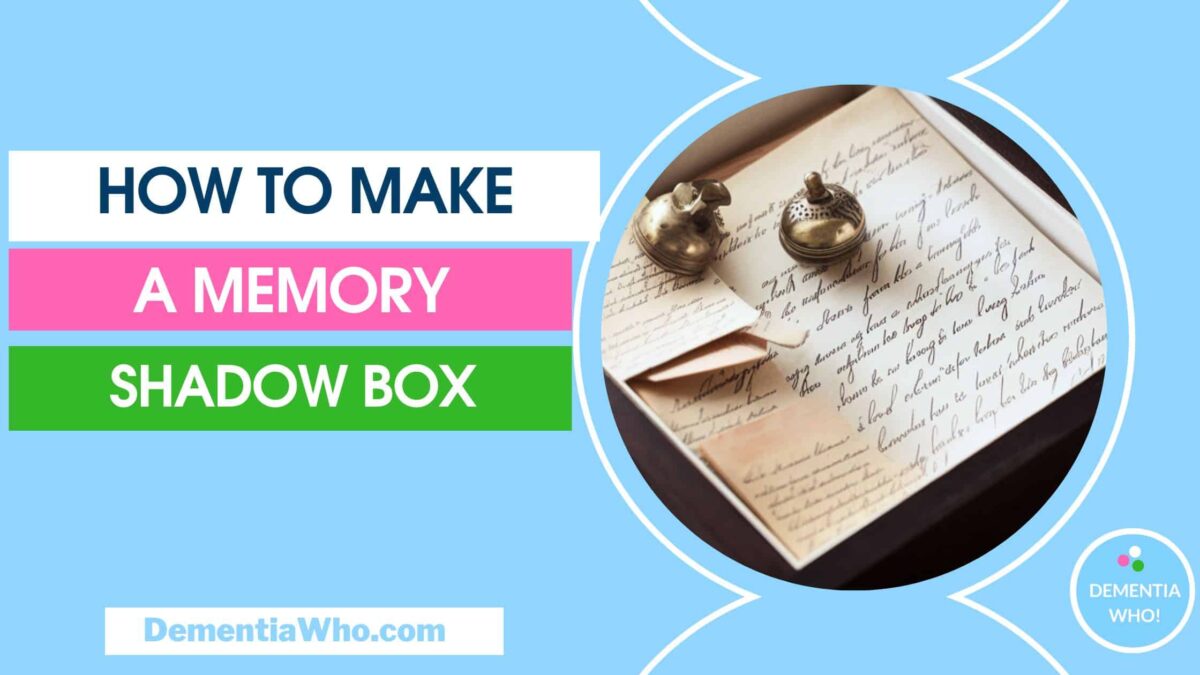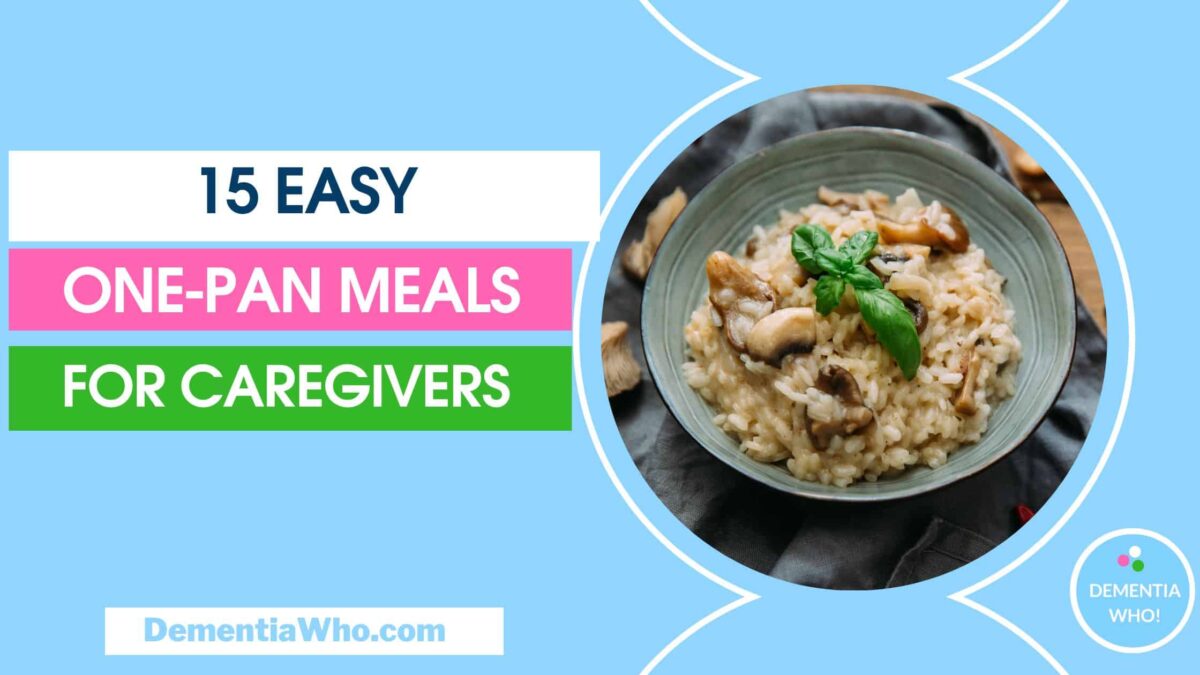It’s easy to get stuck in the mindset that you’re not caring by seeing yourself in terms of just your relationship rather than the caring role that you now carry out.
But it is so important to formally identify as a caregiver as it acts as a gateway to vital support and services for you and also support for your loved one.
Early identification as a caregiver can result in better outcomes and preventions for you and your loved one.
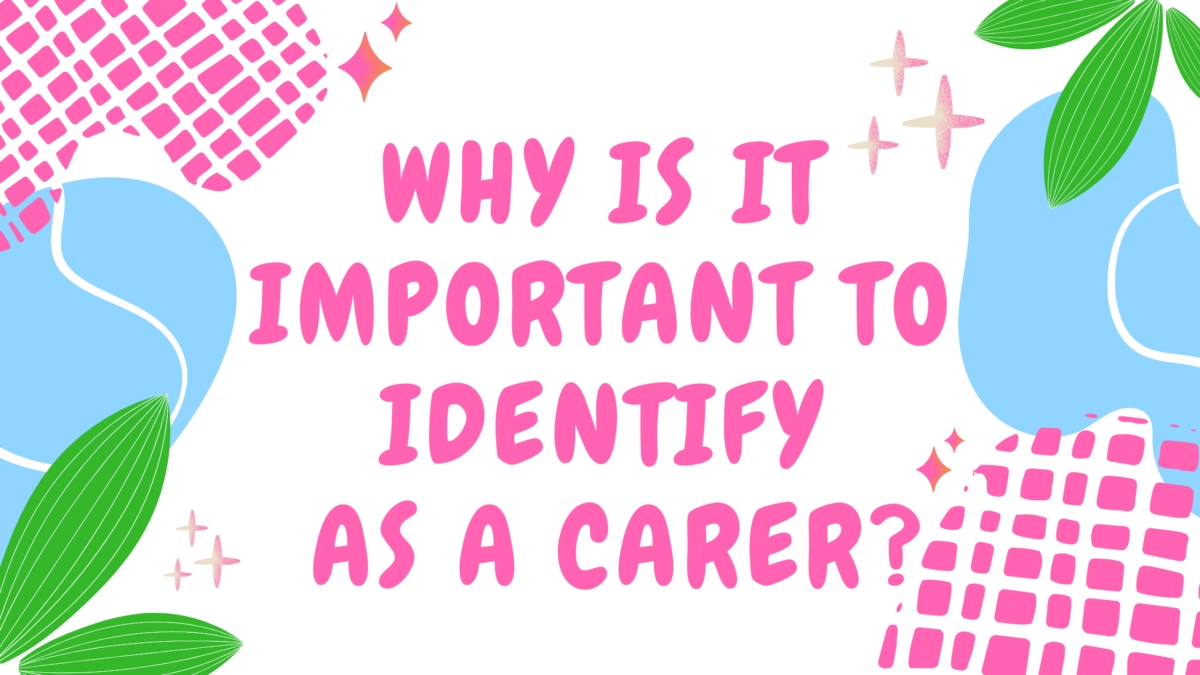
The reality is your wellbeing is intertwined with the person that you’re caring for. The highs & lows of caring can impact you in various ways- emotionally, physically, and financially etc
That’s why it’s crucially important to identify as a caregiver because getting that help is a preventative measure before it impacts your quality of life & your ability to provide the best care possible.
Identifying as a caregiver doesn’t make you less of a person, you should be valued, not just applauded, society still has a way to go to make that happen.
I care for my mum with Alzheimer’s and once I identified as a caregiver, things changed for the better for me. It was like a weight had been lifted off me. I sought out help and met people who understood my situation. I wasn’t alone -just that simple fact lifted me. I wish I’d realised that & got the support sooner.
What is a Caregiver?
You’re a caregiver if you provide unpaid support to family or friends who have an illness, disability, mental health issues or need support in their daily activities which they cannot manage without your help.
They’re various terms that are used to describe a caring role from a caregiver, to an unpaid carer to an informal carer, all mean the same if you’re giving support to someone without any monetary compensation.
If you’re helping them wash & dress, cooking for them, helping them with medicine, making appointments, visiting doctors etc. These all count in terms of caring for someone to help them manage their life.
Also, don’t discount the emotional support you provide in helping them feel safe, encouraging & supporting their quality of life, all of that is also caring.
But sometimes, it’s difficult to realise or even see that you are a caregiver, because of the many barriers to self-identification. You read more about the barriers here in this article “Why don’t you see yourself as a Caregiver“
It’s not the same as a care worker where someone is employed to undertake caring tasks.
What Support Can You Get after You Identify as a Caregiver?
The sooner you’re able to say that you are a caregiver, the sooner vital support services can be opened up to you and informed choices can be made!
That’s the key thing – you get to make informed choices, proactive vs reactive.
You might not get everything you deserve but you might get that one key thing that makes a significant difference in your life like respite, or the emotional support from fellow caregivers.
So let’s look at what support you can get after you identify as a caregiver!
Carer’s Assessment
You’re entitled to a carer’s assessment as part of legislation that was brought in.
The legislation varies depending on the area you live, but in essence, you’re entitled to a carer’s assessment to determine what support & services you need.
It will look at how caring affects your life, what support you need, and whether you need a break and asks the question of whether you are willing and able to care for the person you love. There is no shame in admitting that, not everyone is a lifelong caregiver.
You can have an assessment even if the person you care for refuses to have one, or you can have a combined assessment together. You may be asked to complete a pre-questionnaire which can be conducted over the phone or face to face or online. The end result should be a support plan to meet your eligible needs.
I wish I could say this process always provides everything you need, but it really varies on the area you live.
Some areas provide more support than others, like respite opportunities, care packages, equipment that can support, technology that can help, signpost you to helpful organisations or give referrals to counselling services, volunteer organisations and even provide a direct credit payment to meet some of your needs.
You may need to fight for what you’re entitled to and if you’re not getting the help and support you need to get in touch with a support organisation like Carers UK Carers Trust, Age UK, Stroke Association, Dementia UK etc to appeal or complain and fight to get the help you need.
Physical Health & Mental Well being
Caring can be rewarding but also can be physically & emotionally demanding and that can impact your overall health. Hospitals and doctors may only become aware of your status as a caregiver through contacts like consultations, home visits, vaccinations or through a hospital discharge etc.
Health organisations are working on identifying carers where possible but it isn’t always easy so being able to self identify as a caregiver is the first step.
Tell your GP!
Carer’s UK has a template letter that you can use to register as a caregiver with your GP.
Your GP can add a note to your medical records and the person you care for.
They can ensure that you are physically ok by carrying out health and well-being checks, being an ear to listen to your concerns and looking at ways to help you by referring you for support e.g physiotherapists, occupational health, counselling and social services etc.
It also means that health professionals can utilise the expertise and knowledge you can provide with your holistic view as a caregiver that can help improve their understanding for better outcomes for you & your loved one.
The ideal situation is to have an integrated approach where all aspects of your care and the care of a loved one are all talking to each other, identifying & supporting you, reducing administration and time spent to get things done like in this approach
Peer Support
One of the things carers talk about is the isolation and feeling lonely within their caring role as opportunities to socialise or hobbies become limited due to time constraints and juggling an increasing caring role.
You’re not alone.
For me, once I began to identify as a caregiver it opened up access to peer support. I wasn’t alone, I could talk to other caregivers online and share my experience with them, and get help and advice.
I found my tribe online, but others find it through local carer support groups, social media carer groups like Twitter, Facebook etc, and organisations like Carers Trust, and Carers UK forums, who offer coffee mornings & chat sessions.
They all allow you to share your experiences, offload your burden, share advice and destress by talking to like-minded individuals in the same position as yourself. In fact, you can find peer support groups specific to you, caregivers, of loved ones with cancers, dementia, autism, mental illness etc.
Financial Support
- Are you entitled to any benefits or government support?
- Are you entitled to costs of respite time to be met by the local government?
- Are you entitled to any discounts?
- Are there any grants that you could apply for?
Talking to organisations like Citizens Advice, Dementia UK, Carers UK, and Carers Trust, can help you determine what you’re entitled to and how that support can benefit you as a caregiver and also review what the person you care for could also be entitled to.
You may not be aware of all the entitlements available to you or those for the person you care for, especially a lot of the disability benefits.
Many carers talk of using their own funds to make ends meet, because they may not be eligible for some support, or the amount received does not adequately cover the caring costs.
The reality is that benefits for carers aren’t a lot. In fact, in the UK they are the lowest form of benefit of its kind (Carer’s Allowance). They’re grants and supplements from government agencies & charities that can help in purchasing necessities.
Support to maintain Employment
As a caregiver, you have certain employment rights. A lot of caregivers are able to juggle work with a caring role. Employers can support their workers to do this.
You have the right to request flexible work. You could ask to leave earlier on certain days and make the time up, work a short week by putting in more hours up front or work from home a few days a week.
These are options that can be discussed with your employer. If they are good employers who understand the needs of your caring role, they will do what’s necessary to ensure you’re supported and valued as an employee.
You also have the right to time off for an emergency like if your loved one falls, is ill or has an accident, or your caring arrangements fall through.
Let’s be honest here, you have these rights, but it really is in the hands of your employer and whether you work for a good employer. This is important so that you don’t have to turn down a promotion or take a less qualified job because your caring role needs more flexibility.
Access to Respite
As carers, we tend to put ourselves last and our loved ones first, sometimes to our detriment without realising the impact it has on our long term health.
Identifying as a caregiver can open up opportunities for respite, whether that be having someone come into your home for a few hours to look after your loved one, overnight support or even a few days of respite staying in a care home.
Whatever the option, the important thing is you get some time for yourself to recuperate or pursue your own passions.
These can be provided by charity organisations or social services through your local authority. But it did take a lot longer for the government support I needed to materialise, so you have to be able to fight for it!
I think getting help takes a lot of effort and time and not every carer is able to fight for the help they need
Pushed to the Edge, Carers Trust 2022
Summary
So you can see that there are a number of benefits that can be obtained once you recognise and start to identify as a caregiver. It helps open up conversations with family and friends, brings relief to you knowing that there are support options out there and can lift the burden of feeling alone in the caring role.
Being a caregiver shouldn’t mean losing the time to be who you are, to have your passions and joy in life outside of caring.
Do you identify as someone who provides unpaid care for others with an illness, mental illness, disability etc who cannot manage without your support?
What was the best thing that came out of you identifying as a carer? Let me know in the comments!

